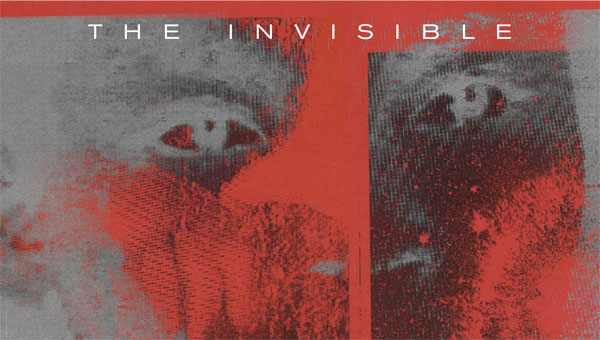The Invisible: Rispah Review

Band names are funny things.
I always ask bands I interview about their reasons for choosing whatever moniker they decided on for their creative endeavours, but the answer is usually not that interesting or carries far less meaning that I’d imagined it would.
So when Dave Okumu, Tom Herbert and Leo Taylor decided to call themselves The Invisible, I’m not sure what to make of it.
It’s a rather uninspiring name for a band, which is in stark opposition to the soothing and gentle tones of their new album Rispah, yet it also seems to fit their style of music.
Beginning with some tribal chanting, which seems to have inspired singer and guitarist Okumu at the wake his late mother who they also named this record after, The Invisible’s debut album on Ninja Tune sort of creeps up on you, as their name might suggest.
This chanting soon gives way to the first fully formed song on the record single, Generational. With its electronic influences and layers of distorted guitars, coupled with Okumu’s quiet yet impassioned vocals, the accessibility of this track makes this a good choice to open up The Invisible’s musical style to new ears.
Which includes me.
I didn’t know anything about this trio until listening to another number from this album, Wings, which Zane Lowe helpfully christened his “hottest” track in the world right now.
And much as I hate the hyperbole of such a label, there’s no doubting this subtle and quiet melody of this song was pretty damn hot and enough to convince me I should check out the full album.
Being new to The Invisible, what stands out most is the defined musical voice they appear to have honed since forming back in 2006. Understated guitars, electronic effects and ghostly vocals all complement each other to produce Rispah’s sonic signature that permeates the entire album.
Okumu’s lyrics are almost emo in nature too, as he earnestly laments his loneliness, inability to sleep on his own and the virtues of meaning what you say.
Sometimes these work, and Okumu’s softly spoken singing style always balances perfectly with the rest of the sonics at play here, but the introspective, naval gazing quality of these words can start to grate if you’re not in that particular headspace.
Especially over a whole album, which can feel a little one paced at times. Of course, once you discover the inspiration for the music on Rispah, its melancholic tones make perfect sense.
The Great Wound and Utopia provide pleasing shifts in musical tone, with their faster pace and heavy electronic keyboard sounds respectively providing some nice diversity on the middle stretch of the album.
Many of the other songs on Rispah wash over you though, without ever really permeating the musical synapses of my brain. It’s beautifully executed and produced, complete unto itself, but after a while these same qualities make it seem like an aural anaesthetic.
If that style of music is your thing, then you’ll no doubt love Rispah, but it’s almost as if the organic and invisible nature of the music lives up to the name of the band a little too well
Jonathan Campbell